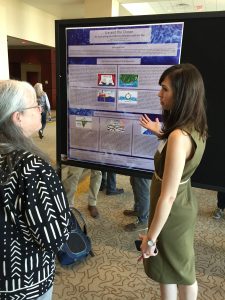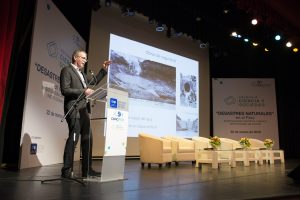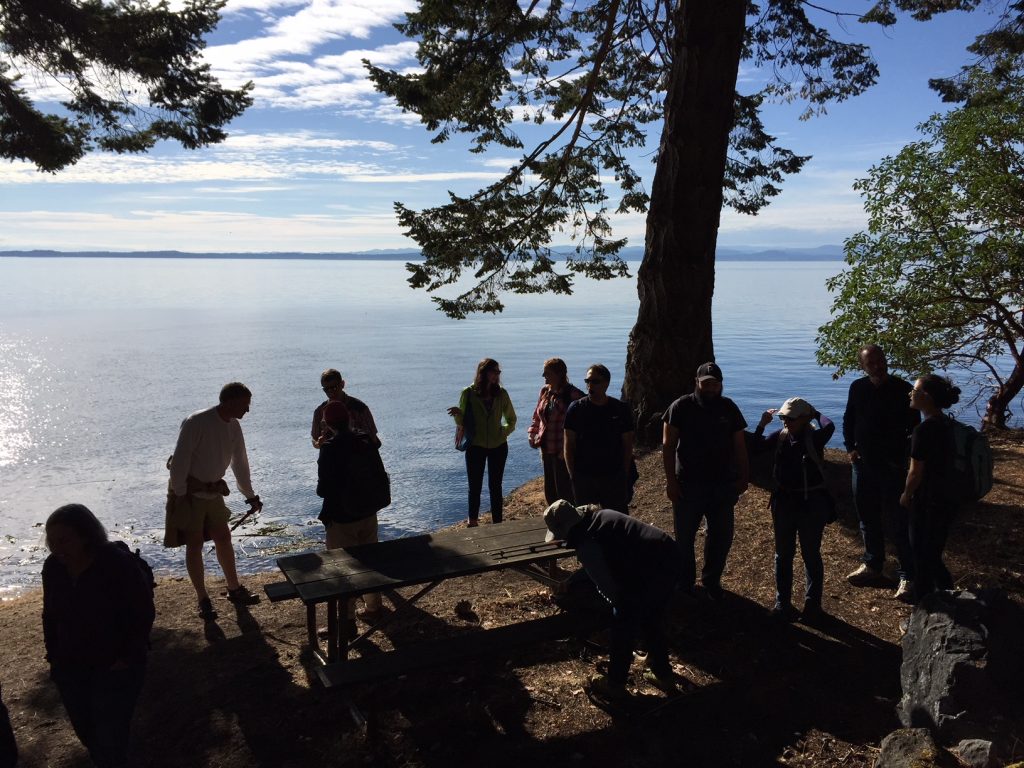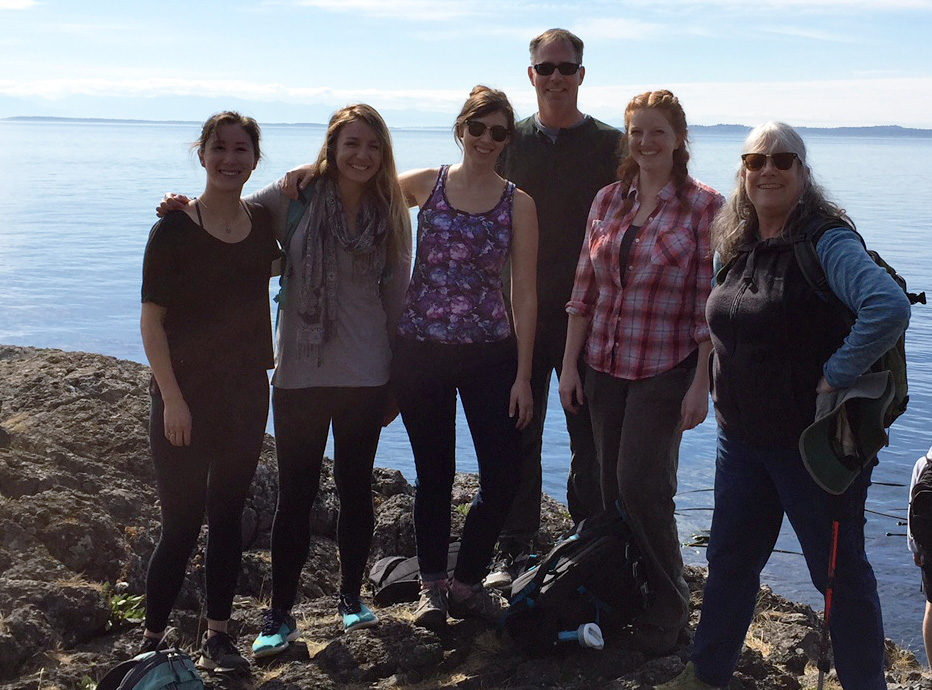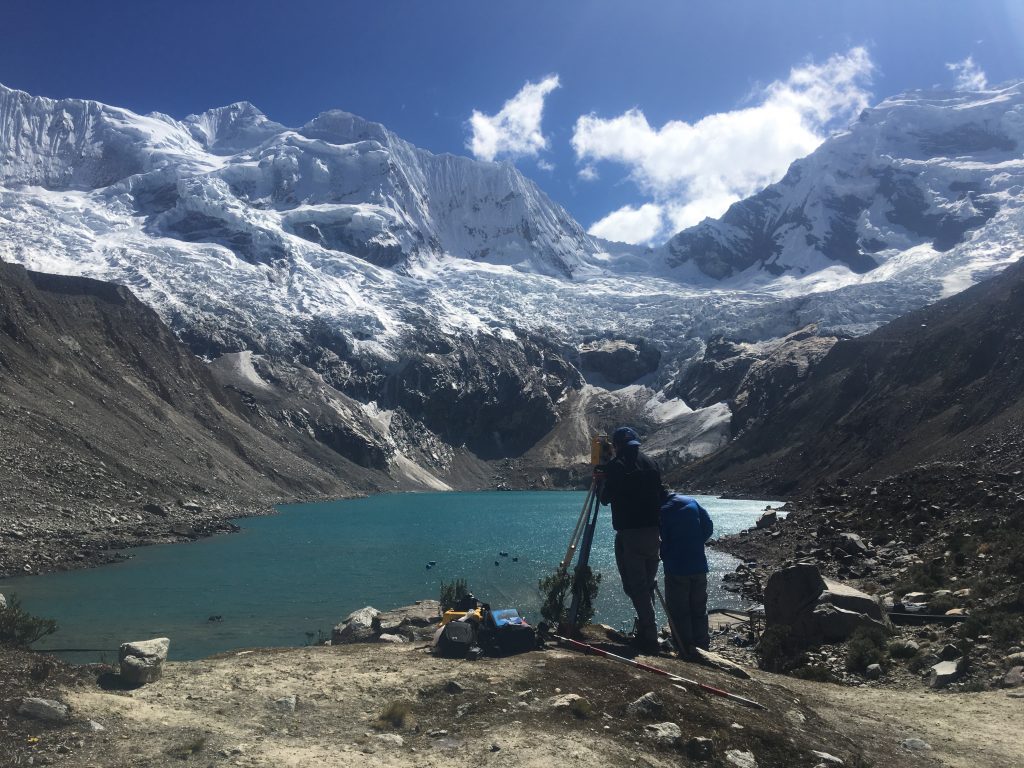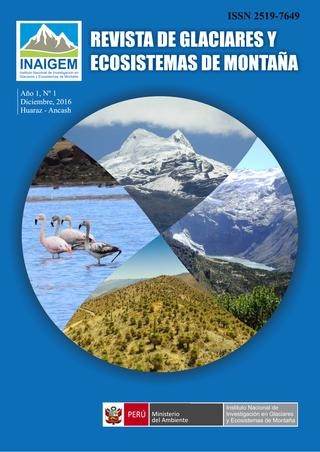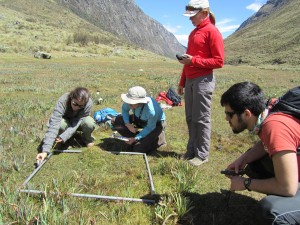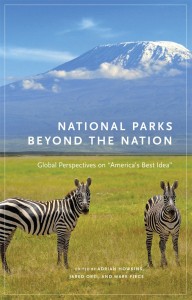Hayley Brazier, Ph.D. candidate in Environmental History, recently presented lab research on ocean-ice dynamics at the annual conference of the American Society for Environmental History (ASEH) in Riverside, CA. Her poster was titled “Re-Envisioning the Difference Between Land and Sea: The Case of Ice in the Southern Ocean.” It was part of research she has been doing related to two of the lab’s current National Science Foundation grants on the history of glaciology and ocean-ice-society interactions in Antarctica.
Mark Carey also presented at the ASEH conference in March 2018, offering arguments about the need for more multi-disciplinary research that includes not only historians and natural scientists but other disciplines as well, from engineering and anthropology to philosophy and geography. Carey also presented his research in Peru at the National Council for Science, Technology, and Technical Innovation (CONCYTEC) at a symposium on ” ‘Desastres naturales’ en el Perú: Investigación científica y marco institucional de acción.” Carey’s presentation was on “Perspectivas sociales sobre la desglaciación, avalanchas y deslizamiento de tierras,” with an emphasis on historical lessons for future planning and programs in risk reduction related to glacier shrinkage in the Andes. His corresponding article on the presentation can be found here.
